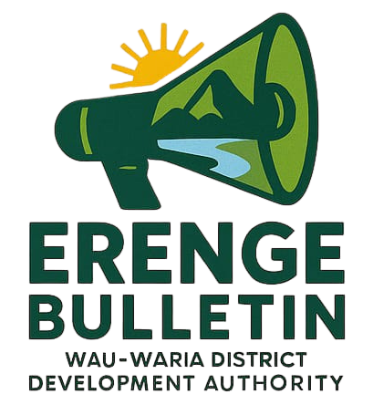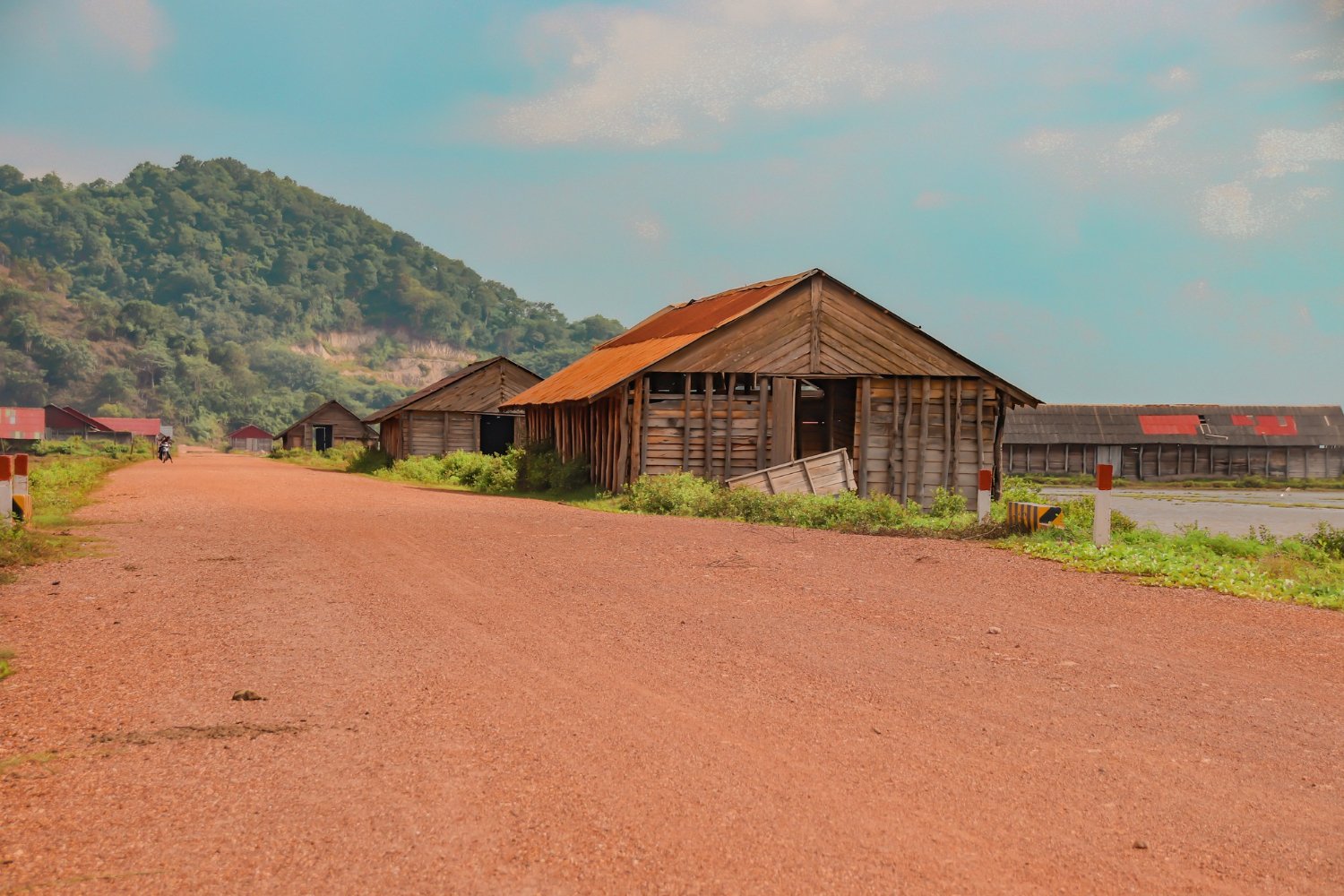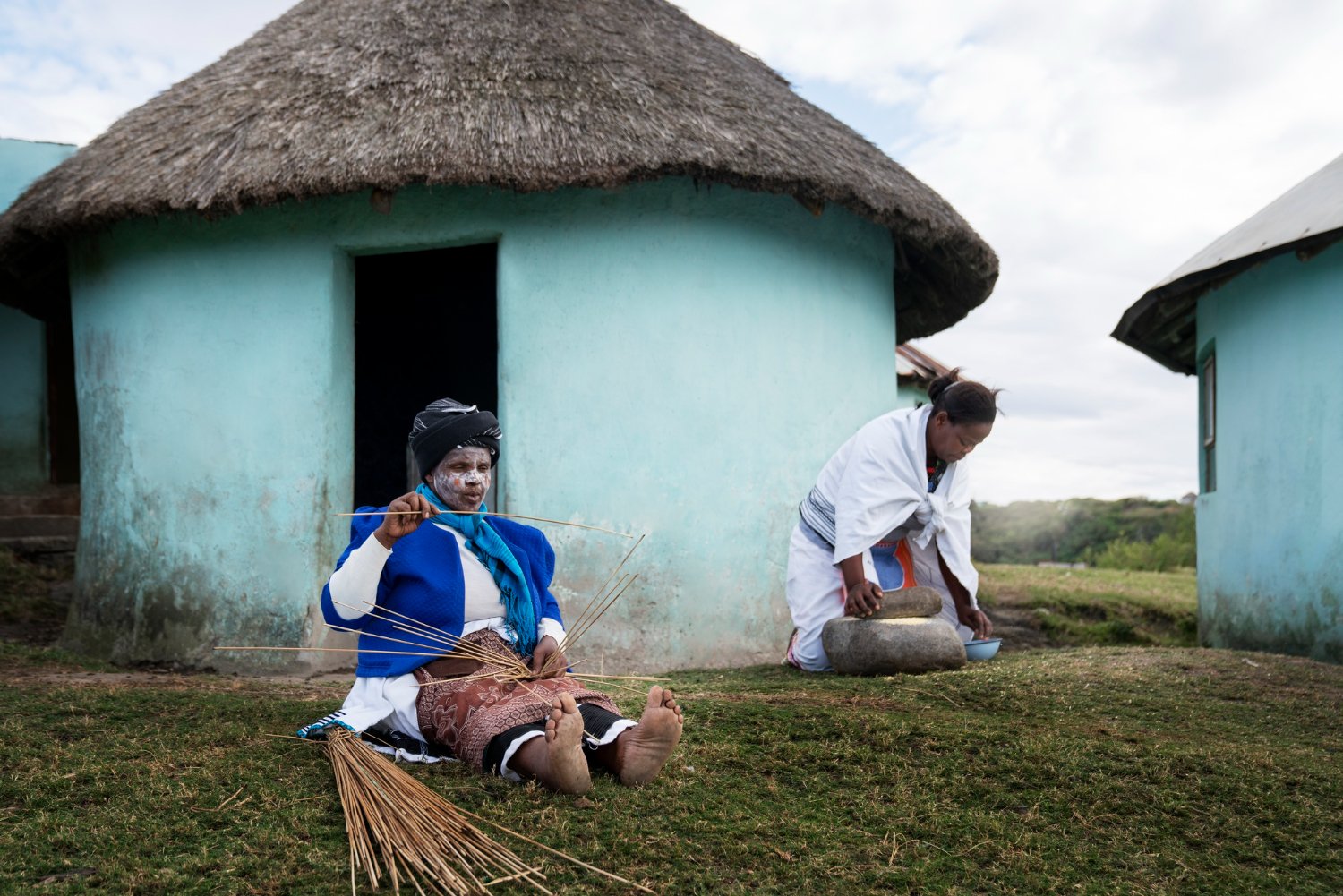In the rural heartlands of Wau-Waria District, land is more than just soil — it is identity, livelihood, and heritage. For generations, families and clans have lived on and farmed the same land, passing it down through oral traditions rather than written documents. But as populations grow, development expands, and traditional boundaries blur, land disputes have become a significant source of tension across the villages of Wau-Waria.
Yet, amid these challenges, communities are also teaching us powerful lessons in peacebuilding — showing how traditional knowledge, dialogue, and mutual respect can help heal conflicts that run deep.
Why Land Disputes Matter So Much
In Wau-Waria, as in many parts of Papua New Guinea, land ownership is communal and deeply tied to family lineage and clan rights. Unlike Western-style land tenure systems based on formal titles and surveys, land here is often governed by customary law — understood and respected through oral agreements and traditional boundaries.
Disputes arise for many reasons:
- Unclear or disputed boundaries between clans or families
- Migration of people into new areas due to economic or environmental pressures
- Resource competition, especially where land holds gold, timber, or fertile farming areas
- Lack of formal documentation to prove traditional land ownership
Because land is so critical to survival and community identity, disputes can easily escalate if not handled carefully.
Traditional Ways of Resolving Land Disputes
One of the most remarkable features of Wau-Waria’s rural communities is the traditional approach to conflict resolution. Instead of immediately turning to formal legal systems, which can be slow, costly, and unfamiliar, many villages rely on dialogue, mediation by elders, and customary meetings.
Here’s what typically happens:
- Elders and chiefs from the disputing clans come together.
- A public meeting is called, often under a tree or at a community gathering place.
- Both sides are given a chance to tell their story, witnesses may be called, and historical evidence (like old markers, stories, or agreed-upon landmarks) is considered.
- A decision is made based on customary law and the principle of maintaining community harmony.
Rather than focusing purely on who is “right” or “wrong,” the goal is often reconciliation — ensuring that relationships between clans are preserved and that peace is restored.
When Traditional Methods Aren’t Enough
While traditional systems are valuable, they face new pressures today:
- Increased migration is bringing people from outside traditional clans into new areas.
- Modern economic development, including mining and commercial farming, is raising the stakes around land ownership.
- Younger generations may be less familiar with traditional customs or may prefer formal legal processes.
- Gender biases sometimes limit women’s voices in traditional negotiations, even though women are often deeply affected by land disputes.
In more complex cases, villages sometimes escalate disputes to the Village Courts or District Land Mediators, blending customary and formal legal methods. But access to formal mediation services remains limited, especially in remote parts of Wau-Waria.
Lessons for Peacebuilding: What Villages Teach Us
Despite these challenges, villages across Wau-Waria offer some powerful lessons for broader peacebuilding efforts:
1. Prioritize Dialogue Over Confrontation
Villagers understand that talking is always better than fighting. Even if discussions are emotional or tense, the act of bringing people together to share their side of the story is a major step toward resolution.
2. Respect Elders and Community Leaders
In many villages, trust in local leadership is key. Elders and chiefs often carry the wisdom of generations and have the credibility to mediate disputes fairly. Building and maintaining this trust is vital.
3. Balance Tradition with Modern Needs
Villages show how customary law and modern legal systems can complement each other. Protecting traditional land rights while embracing fair documentation processes is an important path forward.
4. Promote Inclusivity
Women, youth, and minority groups must have a voice in land discussions. Some communities are now making conscious efforts to include women in negotiations, recognizing their critical role in peacebuilding.
5. Focus on Reconciliation, Not Just Winning
Rather than seeking punishment or total victory, villages aim for solutions that allow everyone to move forward peacefully. This community-centered approach can prevent long-term resentment and future conflict.
A Way Forward: Strengthening Local Peacebuilding Efforts
To build on these strengths, Wau-Waria communities could benefit from:
- Training local mediators in both traditional and modern conflict resolution techniques
- Supporting Village Courts and District Land Mediators with better resources
- Documenting traditional boundaries carefully, while respecting cultural sensitivities
- Promoting public awareness campaigns about land rights and peaceful dispute resolution
- Encouraging the participation of women and youth in land discussions
By investing in community-led peacebuilding, Wau-Waria can protect its precious land resources while ensuring that development happens in a way that unites rather than divides its people.
Conclusion: Learning from the Villages
The villages of Wau-Waria teach us that land disputes are not just about territory — they are about relationships, history, and identity. By valuing dialogue, respecting tradition, and seeking reconciliation, these communities show a path toward peaceful co-existence. As Wau-Waria faces the future, these local lessons in peacebuilding will be more important than ever.






